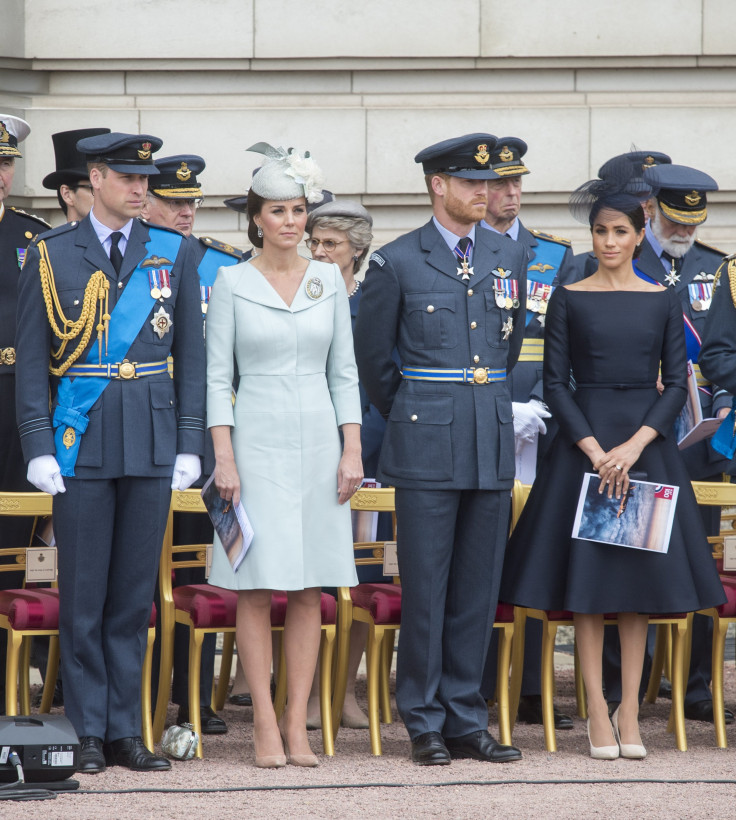
The royal family has a lot of traditions and rules that they need to follow, as befitting of their station. Most of these traditions have been passed along uncountable years — some seemingly simple, while others seem to be downright crazy.
Among these many regulations posed upon the royals is a particular edict that may come in useful should an unfortunate incident befall any parent within the royal family. Based on a 300-year-old law, should misfortune happen to Prince William and Kate Middleton or Prince Harry and Meghan Markle, Baby Archie, Prince George, Princess Charlotte and Prince Louis would be placed under the guardianship of the Queen.
For non-royalty, parents are to create a will should anything happen to them, effectively naming a guardian who will take care of the children as well. In the will, parents are also asked to indicate how they wish their children to be raised, as well as their reasoning for choosing the guardian they have named. The courts will then ensure that the chosen guardian can host a safe environment for the child to grow up in.
However, in the unfortunate event that the parents are not able to procure a will before their passing, the child will end up in foster care while the courts appoint a guardian of its choosing. This process may take months to finish, leaving the grieving child to jump from household to household.
Private client and inheritance protection solicitor at Hedges Law Rachel Carrington-Matthews reveals that a 1717 royal prerogative may avoid this whole process for the royals. According to the law called the “The Grand Opinion For The Prerogative Concerning The Royal Family,” the custody of the royal children automatically goes to the reigning monarch. This would mean that the Queen will “inherit” her grandchildren and all of her great-grandchildren should something happen to their parents.
“So in theory, the Queen now would have custody of the royal children and Prince Charles, upon his ascension to the throne, would inherit the custody of the royal children,” Carrington-Matthews said.
“In practice whether this would be the case would be another issue. It is possible that the royals would have other guidance in place in their wills.”
This may be the tradition, but royals still do make wills for the guidance and security of their offspring — although this is usually highly secret, Carrington-Matthews adds. This privacy makes it difficult to pinpoint how exactly royals proceed when it comes to the guardianship of their children.
© 2025 Latin Times. All rights reserved. Do not reproduce without permission.




